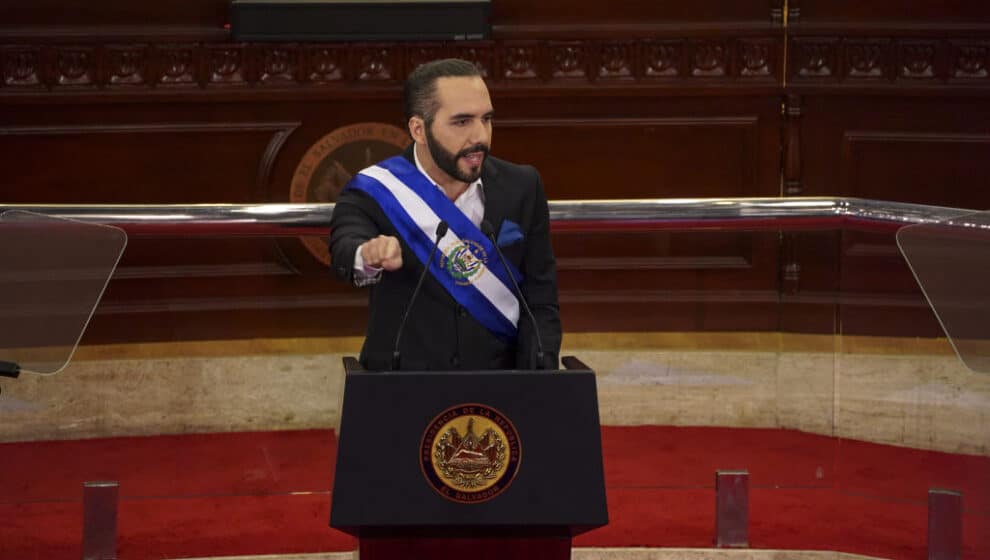After one year, we look at El Salvador’s big gamble with cryptocurrencies and see that it has not really paid off.
Key Details
- One year ago, El Salvador became the first country to make bitcoin legal tender.
- The country’s leader, President Nayib Bukele, is a cryptocurrency enthusiast. He encouraged the crypto initiative saying it would bring economic benefits to the country.
- Now a year later, the bold decision does not look to be a good one.
Why it’s news
In El Salvador, bitcoin was able to be used for transactions if the recipient accepted bitcoin as payment. By making the coin legal tender it meant that all recipients had to accept it.
“Every economic agent must accept bitcoin as payment when offered to him by whoever acquires a good or service.” the legislation stated
The problem with the coin being legal tender is that many of the purchases made over the last year were at or near market highs. Price declines mean that, at least on paper, El Salvador has lost more than half the value of those purchases so far, Bloomberg reports.
The Bukele government spent more than U.S. $100 million buying bitcoins, which are now worth less than U.S. $50 million, due to bitcoin prices fluctuating.
When the plan was announced in July 2021 bitcoin was around $35,000, and when the act went into effect in September bitcoin was at $45,000. Now it is trading around $20,000.
Backing up a bit
To encourage the use of bitcoin, El Salvador’s government created an app called Chivo Wallet. The app allowed users to trade bitcoins for dollars without transaction fees, but even with the incentives the coin wasn’t heavily embraced.
A survey of 1,800 Salvadoran households in February indicated just 20% of the population was using Chivo Wallet for Bitcoin transactions. Among respondents who stated they were business owners, just 20% said they were accepting bitcoins as payment.
Overall, this move shows that with bitcoin’s ever changing prices, it was not ready to be legal tender and this bold choice probably wasn’t a good one.
